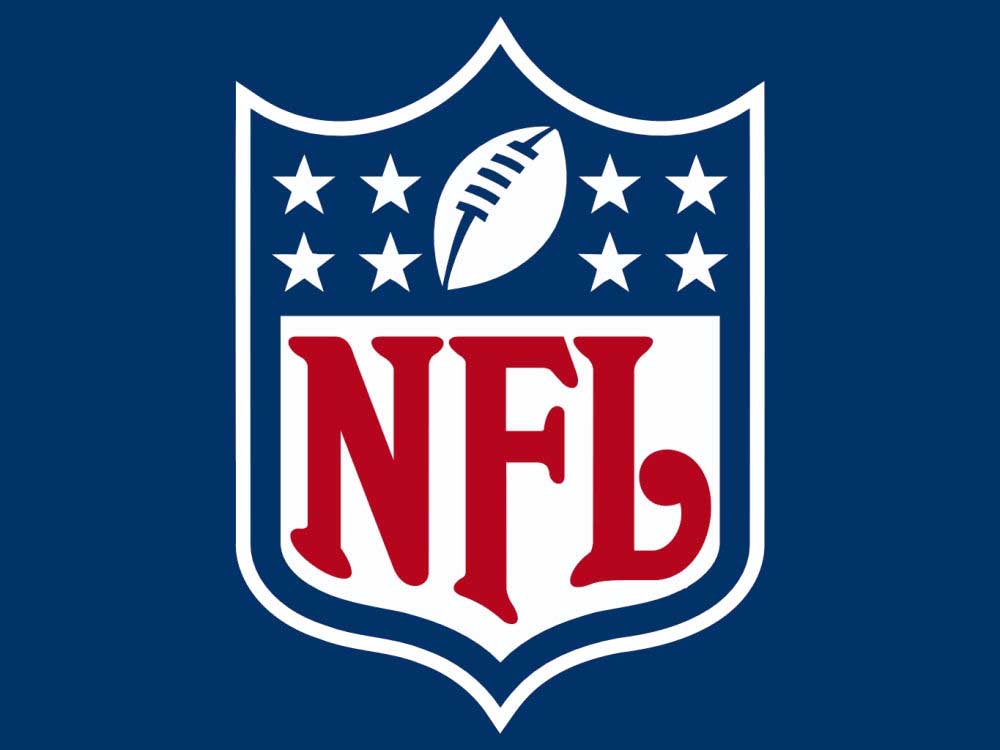NFL rule changes for 2025: what to know
Published 5:44 pm Friday, April 4, 2025

- NFL
The NFL’s annual league meetings wrapped up Wednesday in Palm Beach, Florida, and with their conclusion came a number of rule changes.
As the league year continues into 2025, here are some of the new things that owners agreed upon to alter — or keep the same — for the upcoming season.
Trending
Kickoff changes
The dynamic kickoff that the league tested in 2024 did its job in creating an uptick in return rate. The new form of kickoff that presents more as a scrimmage play was made permanent at the league meetings but will have some changes in 2025.
The NFL was mostly pleased that the play, which placed coverage players and blockers close together while implementing a landing zone where kicks must be returned from. The change increased returns from a record-low 21.8% in 2023 to 32.8% last season. The league would see that number grow even higher, so they made the penalty for unreturnable kicks harsher.
Owners voted to move starting field position after touchbacks on kicks up from the 30-yard-line to the 35-yard-line. Teams still often opted to kick the ball out of the end zone despite touchbacks being moved up five yards, with the average starting field position on a touchback being only 2.4 yards greater than the average starting position after returns (27.6 yards).
The league projects that by moving the yardage up even more, the return rate will rise to somewhere between 60% and 70%. It also expects to see an increase in the number of long returns, in turn adding more excitement to the game.
A small change to how blockers on the return team can line up was also made, which the league also believes could stimulate longer returns.
Trending
Overtime changes
The league approved a proposal by the Philadelphia Eagles to align regular season overtime rules with the postseason, where each team gets to possess the ball regardless of outcome on the first possession.
Postseason overtime changed in 2022 to give both teams a chance to score even with a touchdown on the first possession. This came after the Buffalo Bills were not given a chance to touch the ball in their divisional round loss to the Kansas City Chiefs months before, as Patrick Mahomes found Travis Kelce for a touchdown pass to advance them forward without retort.
Those rules will now carry over to the regular season moving forward, as improved field position on kickoffs will make scoring an opening possession touchdown in overtime easier. Overtime in the regular season will remain 10 minutes, however, compared to the 15-minute period the playoffs utilize.
Replay assist
The league also expanded its replay assist system to overturn objective calls if there is “clear and obvious evidence” that a foul did not occur. Among the calls included with the expansion will be hits to defenseless players and penalties for face masks, horse collar tackles, tripping and running into/roughing the kicker.
While the league has been using replay assist to overturn obvious errors like ball spotting and completed catches without stopping the game, the change will adopt a broader roll out of replay assistance to objective calls. Despite the expansion, the NFL’s Competition Committee says there is no interest in using replay assistance to call penalties on plays missed by officials on the field.
Hawk-Eye technology
The NFL will begin using Sony’s Hawk-Eye Virtual Measurement Technology as its primary method for measuring the line to gain in 2025. The change comes as an effort to accelerate game administration per the league.
Sony’s system was tested extensively during last year’s preseason and will now be implemented full-time, taking over for the previous chain measurement system. The league says the system will allow them to “accurately and efficiently measure the distance between the spotted ball and the line to gain” while bringing “a new level of precision and speed to NFL officiating.”
On-field officials will be notified of measurements from the system while virtual recreations will be produced in real time for the in-stadium and broadcast audience. The league says that the process will take around 30 seconds, which they said will save up to 40 seconds from chain measurements.
While removed from primary responsibility, the chain crew will remain on the field in a secondary capacity. The change comes after a controversial fourth-down spot of Bills quarterback Josh Allen in their AFC championship loss to the Chiefs last season.
Procedural changes
A number of smaller changes were implemented as well. Among them were:
—Permitting teams to designate two players for return if they are placed on injured reserve when rosters are reduced to 53 players.
—Granting playoff teams two additional spots to designate players for return in the postseason, increasing the maximum from eight to 10.
—Inserting point differential as the third tiebreaker for awarding contracts.
—Allowing teams to have one video or phone call with no more than five prospective unrestricted free agents during the offseason’s legal tampering period. This also allows teams to make travel arrangements with such players once they’ve agreed to terms.
—Permitting teams to prepare kicking footballs, known as K-Balls, that are only used on special teams before game day, as is allowed for game footballs.
—Allowing teams that could qualify for the playoffs to get scouting credentials for the final two games of the regular season played by a potential postseason opponent. This also requires teams hosting Wild Card games to give out scouting credentials to all teams within the same conference who are participating in the postseason.
Tabled discussions
While some proposals were rejected, such as the Detroit Lions’ motion to eliminate an automatic first down as a penalty for defensive holding and illegal contact, others were tabled to be discussed later at the league’s meetings in May.
Among them was the Green Bay Packers’ proposal to outlaw the tush push that the Philadelphia Eagles have used so successfully. The Houston Texans seem to be against the motion, as head coach DeMeco Ryans said this week at the meetings, “It’s tough to punish a team for being really good at something.”
A part of the approved kickoff proposal that would have addressed low recovery rates of onside kicks was also tabled. As was another Lions’ proposal to base playoff seeding on regular season records rather than division championships.






